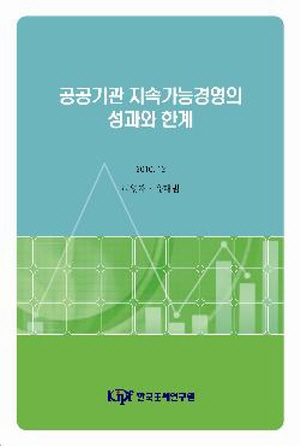한국조세재정연구원 - OAK리포지터리
Korea Institute of Public Finance
Open Access Repository
Korea Institute of Public Finance
Open Access Repository

공공기관의 지속가능경영의 성과 한계
Items in DSpace are protected by copyright, with all rights reserved, unless otherwise indicated.